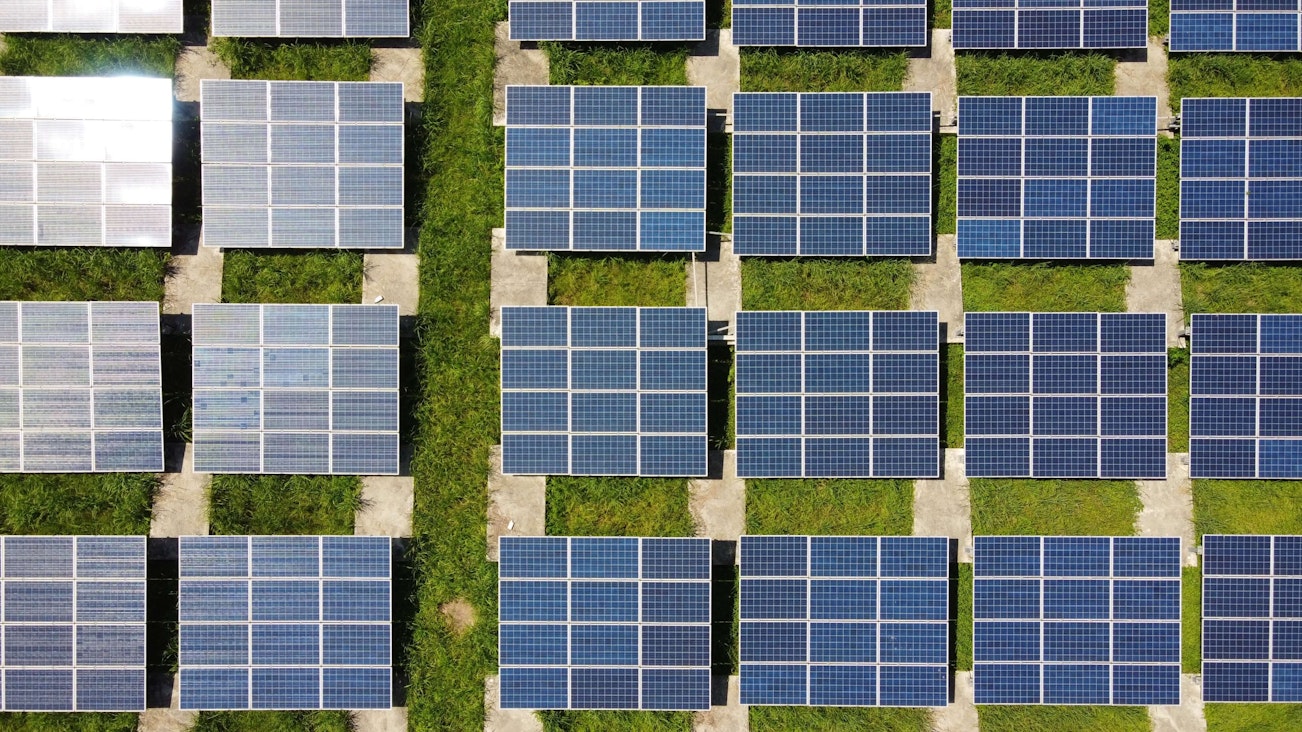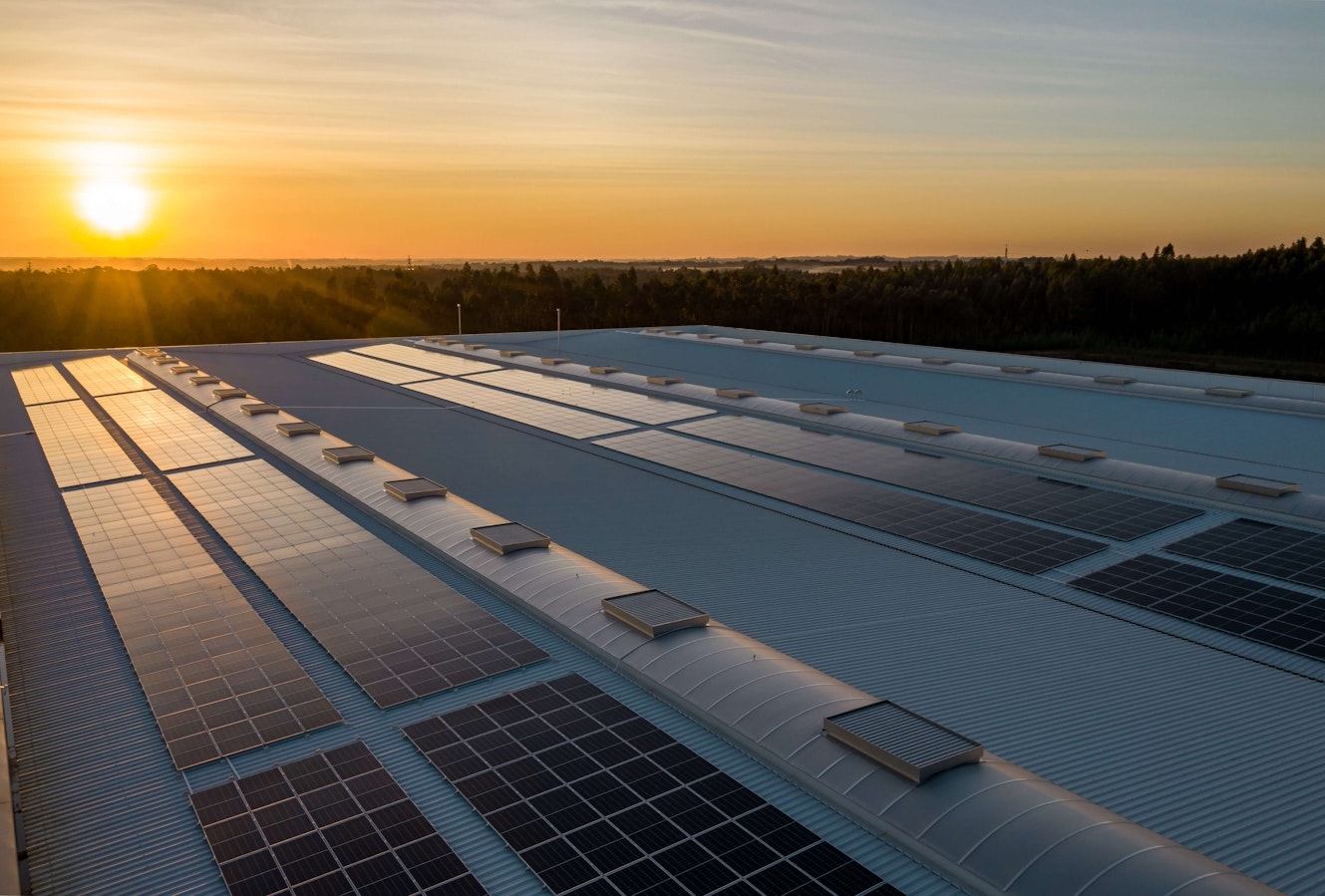- Solar energy blog
- Solar engineers: What do they do and how to become one
Solar engineers: What do they do and how to become one


Laura Rodríguez
Business developer
Laura is a renewable and software industry sales professional, currently working at RatedPower as Sales Overlay in North America & Territory Manager Oceania. With a background in International Business and International Trade, Laura previously worked in the business strategy area in various companies as well as as a market analyst for the Government of Spain in Australia.

Content
With the adoption of solar energy generation growing around the world, it’s a time of great opportunity in the solar engineering sector. In the US alone, the solar industry will need to quadruple the size of its workforce by 2035 to meet President Biden's clean energy target.
Solar engineering offers fulfilling work and high earning potential in an industry that is changing rapidly. So, could it be your next challenge?
What does a solar engineer do, and what kind of training do you need to enter the career path?

What is solar engineering?
Solar engineers can be involved in different types of engineering throughout the supply chain, including materials, electrical, mechanical, chemical, and software engineering. They can work on the processing of raw materials, manufacturing of solar equipment, the design and construction of solar power installations, or the maintenance of solar energy systems.
Solar power installations can range from rooftop photovoltaic (PV) panels and heating systems on private homes to large utility-scale power plants.
Solar engineers that work on the design and/or construction of solar projects produce and analyze designs for simulation and testing. They coordinate the layout of panels, inverters, and electrical components to optimize the amount of electricity they can produce. They can also work on solar heating and hot water systems for residential or commercial buildings.
Solar engineers create diagrams and other documentation for solar projects, review project plans, and ensure safety procedures are in place for installation and maintenance. Engineers can use computer-aided design (CAD) software to assist them in project optimization.
Have a look at our undefined, where we describe a solar plant built around the Budapest Airport.
The rapid growth of the solar industry, which installed record high capacity in 2020, has seen a shortage of qualified solar engineers. As a result, workers with various backgrounds in engineering have been able to move into the solar industry.
But, what training do engineers need to be able to work on solar projects?
Training to become a solar engineer
Most solar engineers have an educational background in chemistry, mathematics, and computer science. Skills in using CAD programs and mechanical drawing are also valuable.
Engineers can obtain a bachelor’s degree in electrical, civil, or mechanical engineering. Many engineers also choose to gain a master’s degree to enhance their knowledge and earning potential. Plus, some colleges and universities offer degrees with a focus on solar energy.
Degree programs often include an element of hands-on experience. In addition, some solar companies and industry associations offer internships for practical training.
Solar engineering courses
There are many universities and colleges around the world that offer specialized courses for solar engineering. Some examples include:
Australia
BA (Hons) Engineering (Photovoltaics and Solar Energy) at the University of New South Wales
BA (Hons) Renewable Energy Engineering at the University of Newcastle
Master of Energy Systems at the University of Melbourne
Europe
MSc Solar Energy: Engineering and Economics (S3E) at the Université Savoie Mont Blanc in France
MSc Solar Energy Engineering at the University of Freiburg in Germany
MSc Renewable Energy Systems at the Technische Hochschule Ingolstadt in Germany
MSc Solar Energy Engineering at Dalarna University in Sweden
UK
MSc Solar Cell Technology at the University of Sheffield
PgCert/PgDip/MSc in Solar Energy Systems at Robert Gordon University
MSc Power Engineering and Sustainable Energy at Swansea University
US
MSc Renewable Energy Engineering at the Oregon Institute of Technology
MEng in Energy Systems Engineering at the University of Michigan
Certificate in Renewable Energy Management at North Carolina State University
Courses that specifically concentrate on solar energy include technology development, quality control, system design, life cycle analysis and solar cell interconnection, as well as policy and legislation. It is possible to convert from studying other engineering courses to focus on solar engineering.
In addition to university and college courses, there are training courses and workshops available through industry associations such as Solar Energy International and Solar Power Europe to help people explore opportunities in the industry. In the US, the Solar Training Network, funded by the Department of Energy, is a resource to connect people looking for jobs in the solar industry with training providers and employers.
Job roles in the industry
As we have seen, there are many types of solar engineering roles. Some of the jobs for engineers in the solar industry include:
Project/design engineer
Technical lead
Electrical service engineer
Field engineer
Operations and maintenance manager
Such roles include managing the development or acquisition of solar projects, providing engineering input throughout a project, starting with the initial assessment stage and through to technical and economic feasibility studies. Engineering jobs also monitor the construction stage and, in some roles, the ongoing operation of the energy system.
Engineers are also responsible for carrying out due diligence and liaising with external technical contractors. They conduct site visits and review all of the technical documentation for a project, including the reports, specifications, calculations, proposals and contracts.

Solar engineer vs solar energy technician
It is important to differentiate between the role of a solar engineer and a solar technician. While a solar engineer works on the design and simulation of solar projects at the planning stage, a solar technician installs the solar energy system at the site.
While an engineer must usually have at least a bachelor’s degree, a solar technician does not necessarily need to have a higher education qualification. There are courses available for electricians to train to become solar installers. Solar technicians must be certified in their local area to be permitted to install energy systems.
Find your next job in solar engineering
You can find engineering jobs in the industry through solar associations, employment agencies, alumni networks, as well as solar companies directly.
If you’d like to find out more about working in the solar industry, check out our open positions. We’re always looking for bright talent to help us making renewables the world first source of energy.
We would be happy to provide you with information to help you start your career in solar engineering.
A guide to attracting renewable talent
Attracting the right talent with specialized skill sets is essential to keep up with the rising demand. But how can solar companies overcome these challenges in this highly competitive talent market? Learn all about it in this guide.

Latest stories
Related posts
Market analysis
Defrosting the frozen Nordic solar market
Explore the Nordics’ solar grid challenges and energy transition strategy. Read the blog to uncover policy gaps and solutions shaping Europe’s green future.
Updated 8 JUL, 25

Market analysis
U.S. solar manufacturing grows fourfold, thanks to Inflation Reduction Act
Find out more about the Inflation Reduction Act and how it has increased U.S. solar manufacturing capacity fourfold since the legislation passed in 2022.
Updated 24 JUN, 25

Market analysis
Italy’s €9.7 billion plan to boost renewables and reach net zero
Explore a new state aid scheme helping Italy to work toward a cleaner future and investing in onshore wind, solar PV, hydropower, and sewage gas projects.
Updated 10 JUN, 25

- RatedPower
- Solar energy blog
- Solar engineers: What do they do and how to become one
